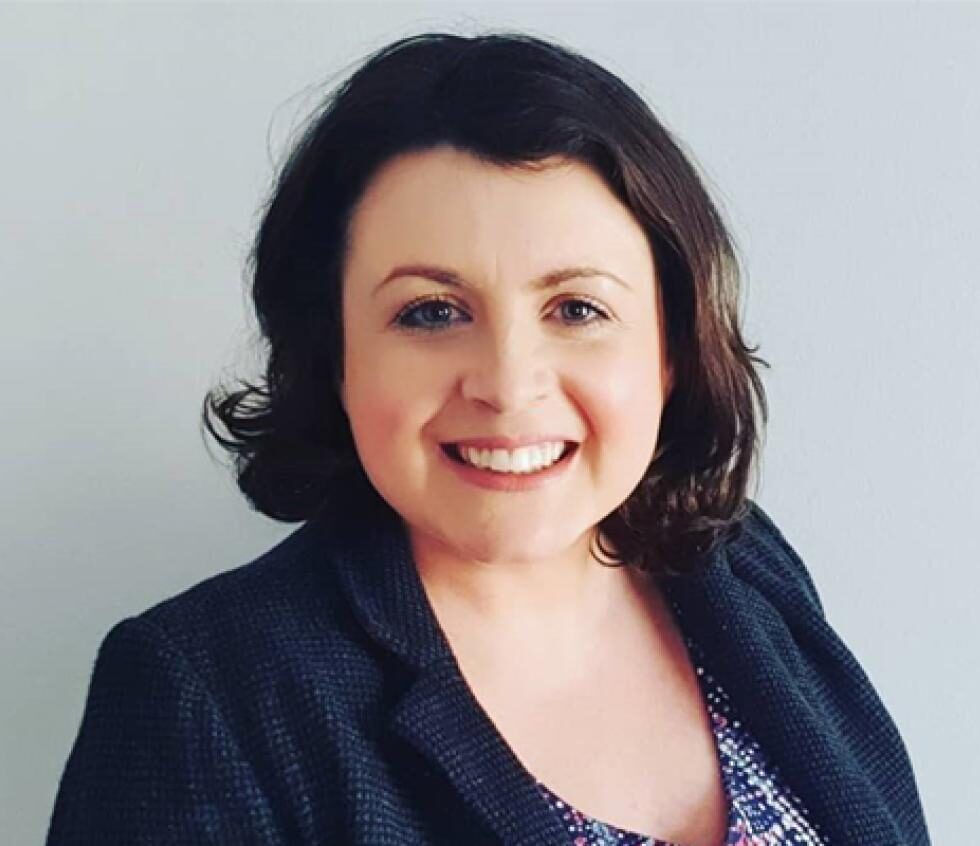
Putting older people in focus during COVID-19
Morgan Vine
- COVID-19
- Health inequalities
In 2019 we started exploring the reality for groups of people whose voices are often less heard. Our new report ‘In Focus’ looks at the experiences of specific groups across England including:
- people with mental or physical health conditions
- people providing informal care
- black, Asian and minority ethnic (BAME) groups
- people on low incomes
- and people without children (or whose children had died)
Making connections
What we found interesting was that many participants fell into more than one group of those we believed to be lesser heard and represented. For example, those living with a mental health condition and also on a low income, and those managing a physical health condition while providing care. Through analysis of the Understanding Society survey we learned:
- 45% of older people with a severe physical health issue are more likely to live alone compared to 33% of the older people without a physical health condition
- Older people with severe physical health problems are more likely to be behind with some or all of their household bills.
- Approximately one in 10 full-time carers over 65 has both a moderate or severe physical health problem and moderate or severe anxiety or depression.
These interconnections meant our participants were even less likely to be seen by the public, or have their needs met. It was also clear that the impact of belonging in multiple groups affected the way people dealt with life.
Charlie, 69, shared with us:
“My pain in my legs will be very different to anyone else’s… People’s lifestyle support, financial and personal situations will all determine how they cope and live with the condition day to day.”
People providing regular care for a loved one explained how their caring responsibilities often exacerbated physical problems such as arthritis, weakening muscles and low cardiovascular fitness, while also creating more stress and frustration.
George, 65, said:
“Your focus is totally looking after [your partner], your depression doesn’t manifest itself.”
Reduced social connections was another big factor in people’s lives, often made worse by physical or mental health problems.
At Independent Age we believe that, for many, the pandemic will have magnified their challenges and problems.
The change we want to see
The calls we set out in our report, are more important now than ever, as the coronavirus sweeps across our country. We want to ensure measures are put in place to support people from all walks of life to deal with the impact of the outbreak in the most effective way possible including:
- A clear plan on social care reform, ensuring that older people get high quality support with their day to-day lives when they need it.
- A comprehensive care workforce strategy to ensure we attract and invest in the individuals who are the key to delivering high-quality care.
- Consistent availability of high quality, personalised, accessible bereavement support for older people experiencing partner bereavement.
- A strategic approach to tackling and preventing loneliness and social isolation.
- Ageism in healthcare should be addressed. People should be treated on their fitness for treatment not on chronological age.
- Older people’s mental health needs should no longer be overlooked. Everyone should be able to access the treatment and support they need to ensure they can live well.
You can read the full report on Independent Age’s website.